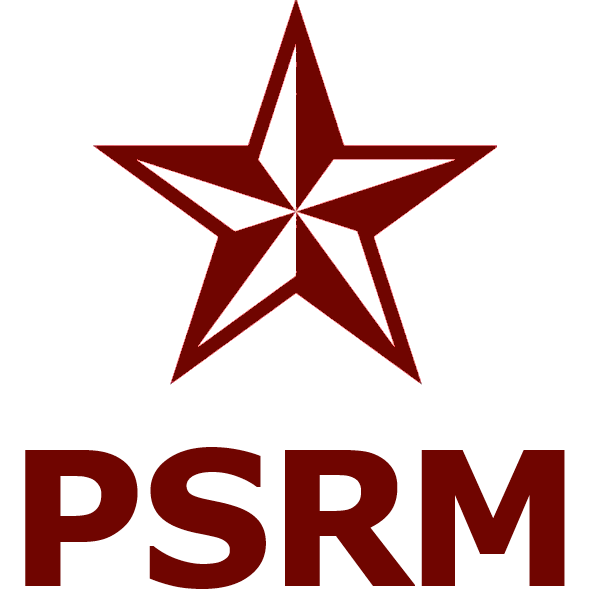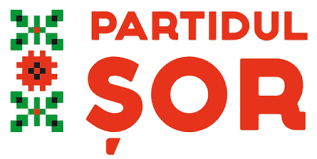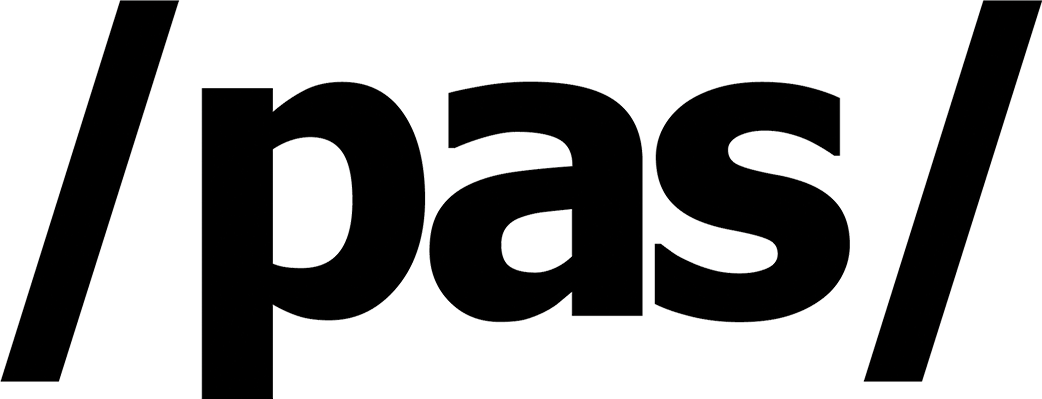Glossary of Moldovan Politics
A crash course in parties, acronyms and personalities driving Moldovan Politics
Hello! This Glossary of Moldovan Politics is designed to help readers of Moldova Matters keep up with the terms and acronyms that regularly get tossed around in Political coverage. It will help us at Moldova Matters by having a simple place to refer / link to without defining terms in every Weekly Roundup. The Glossary will be updated over time as needed.
This Glossary is part of the premium content for subscribers to Moldova Matters. Thanks for subscribing!
Sections:
The Political System
Key Political Parties
Key Political Leaders
Key Political Events
The Political System
Moldova has a Constitutional, Parliamentary system. As we discuss it in articles on Moldova Matters we often refer to the different branches of government, for clarity we’ll outline them here. If you would like to take a closer look at our previous Explainer “How does Moldova’s Government Work?”
Government - The Government (big G) of Moldova is the Executive Branch and is composed of a Cabinet of Ministers led by the Prime Minister. The Government is responsible for enacting and executing laws passed by Parliament and also has an active role in proposing laws to Parliament. The Government is selected by Parliament and may be removed by Parliament by a vote of no confidence.
Parliament - The Legislative Branch of the government (small g). Parliament is responsible for passing laws, managing the budget and appointing the Government. Members of Parliament (MPs) are elected based on a proportional party list system for a term of 4 years. But in practice, most Parliaments do not last more than 2 years as coalitions collapse and early elections are triggered.
Judicial Branch - The Judicial Branch of Moldova has 2 highest courts
Constitutional Court - The Constitutional Court (CC) is responsible for settling all questions related to the constitutionality of a law or action. The court is made up of judges serving 6 year terms. 2 Judges are selected by Parliament, 2 by the Government, and 2 by the Superior Council of Magistrates.
Supreme Court of Justice - The Supreme Court of Justice has the final say in all criminal and civil appeals from local and district courts. It oversees the lower courts and it’s rulings are final.
Key Political Parties
Moldova has an enormous number of political parties such that ballots in every election can range pages long. While there are 60+ registered parties we will only focus on a few here that are most important and which most often come up in our Weekly Roundups and other articles.
Currently In Parliament
Party of Socialists (PSRM) [37 seats] - the Party of Socialists, led by former President Dodon, is a Pro-Russian party that regularly calls on Soviet nostalgia and draws its support from the regions and especially an older population. They are not particularly “socialist” in any way except to affiliate with this nostalgic past.
Shor Party [9 seats] - The Shor Party is formed by, and named after, Ilon Shor (see below) and represents his power base in Orhei. The party is highly populist and supports the Socialists in Parliament.
Party of Action and Solidarity (PAS) [15 seats] - the PAS Party was founded by President Maia Sandu and has grown massively over the past few years. The core focus of the party is de-oligarchization, fighting corruption and European Integration. Though they also promote a number of economic policies. The party’s power base is in and around Chisinau as well as the Diaspora. But they have growing support in the regions as well.






